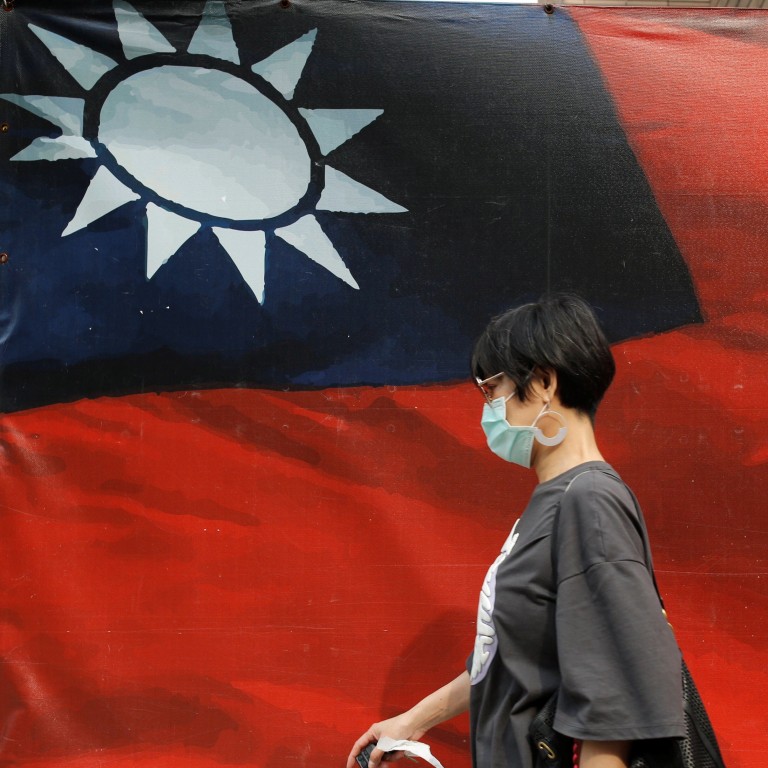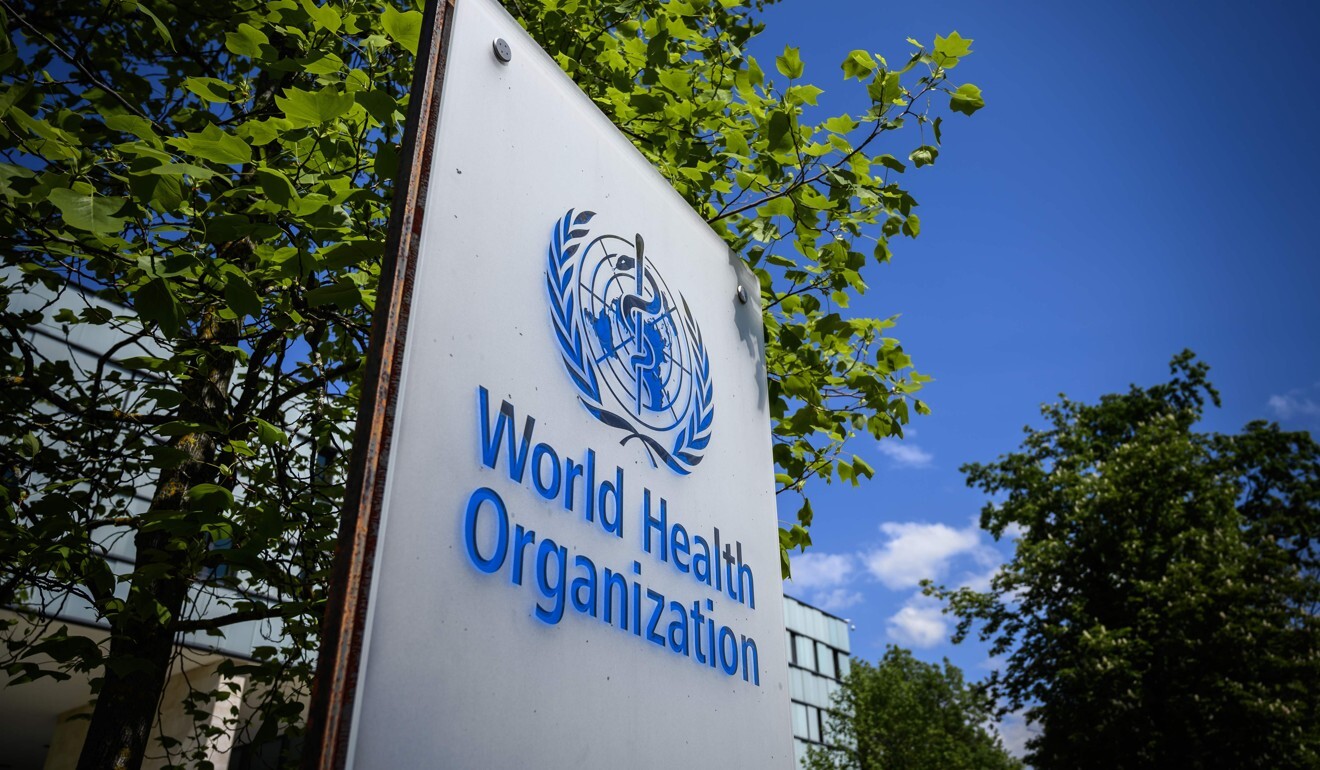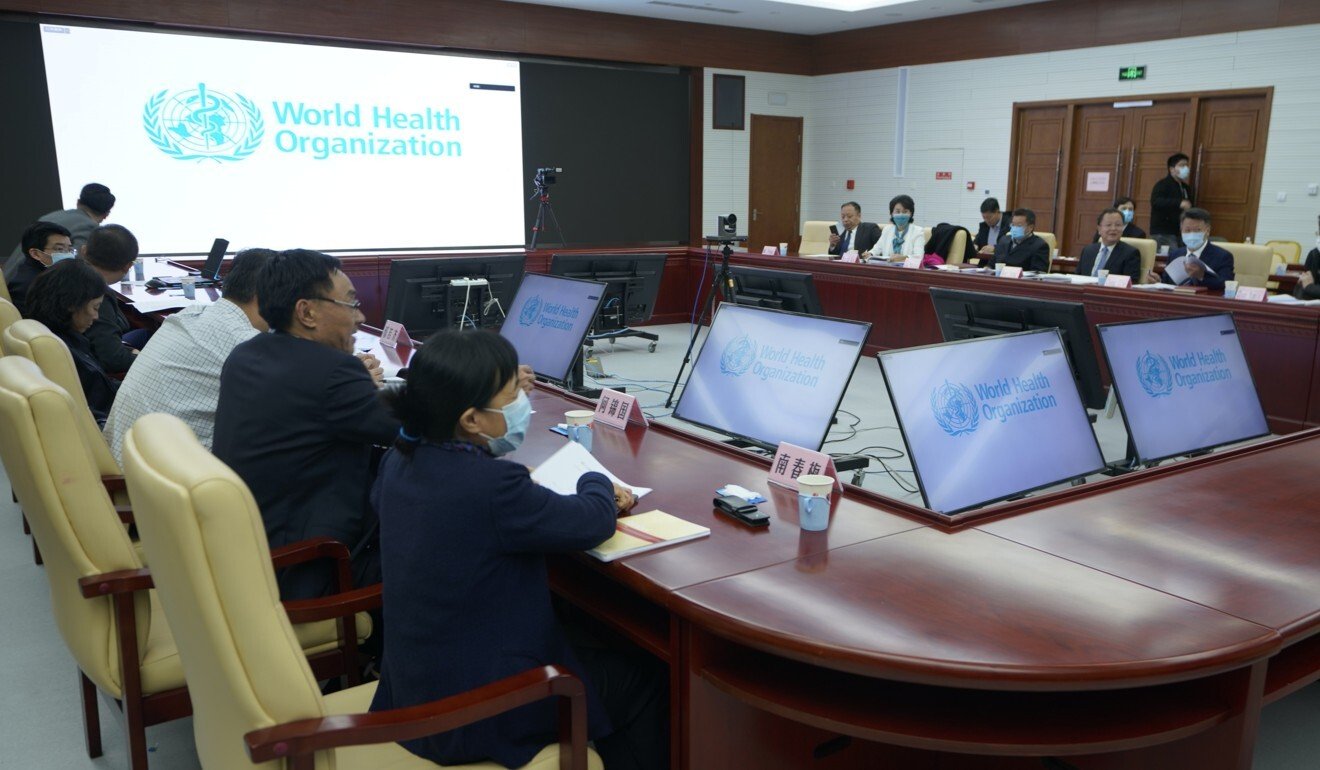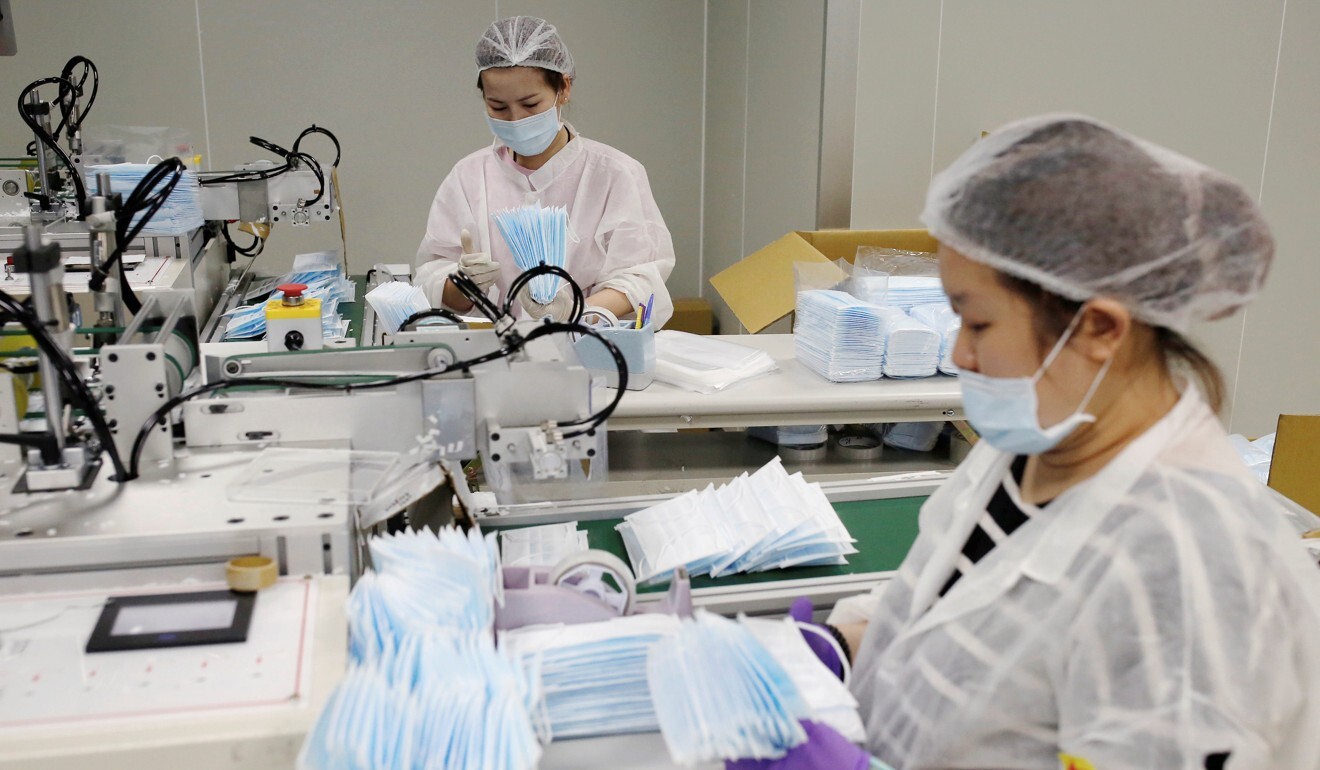
Even in the coronavirus era, politics trumps public health when Taiwan is involved
- Island has once again been denied permission to take part in the World Health Assembly despite its exemplary handling of the coronavirus pandemic
- Taipei should ‘seize the opportunity brought by Covid-19 to show itself as a capable small nation, similar to Singapore’, academic says
Taiwan and its 24 million people have not had a voice at the UN since 1971, when resolution 2758 was passed to recognise the People’s Republic of China and expel the government in Taipei. It had its membership of the WHO revoked the following year.
According to Wayne Tan, an associate professor of international politics at Taiwan’s National Chung Hsing University, the island has shown in its handling of Covid-19 that it does not need the WHO for public health purposes, but recognition by such bodies would give it standing on the international stage. That is where it hits a brick wall known as Beijing.
“What is the real motivation behind Taiwan’s continuous fight to join the WHA and WHO?” Tan said.
Taipei was seeking a channel through which it could be recognised by the international community and to counter Beijing as the only legitimate representative government of “China”, he said.

Beijing regards Taiwan, officially known as the Republic of China, as part of its sovereign territory awaiting reunification with the mainland, by force if necessary.
In 2007, then UN secretary general Ban Ki-moon rejected Taiwan’s bid for UN membership under the name “Taiwan”, saying resolution 2758 acknowledged the island was part of China. This was criticised by the United States, and other member states, including Australia and Japan, questioned Ban’s position.
Anxiety in Taiwan as ‘angry’ China’s sabre-rattling grows louder
Bonnie Glaser, a senior adviser for the think tank Centre for Strategic and International Studies, said the resolution never explicitly mentioned the Republic of China or Taiwan’s participation at the WHO and that Beijing had spun a narrative around it.
“Resolution 2758 somehow expelled the Republic of China from the UN and then China argued that meant that Taiwan could not participate in the UN. That is just China’s own narrative,” Glaser said.
“When the former UN head [Ban Ki-moon] claimed that meant there could not be a Taiwan role or participation in any way, shape or form with the UN, the US publicly came out and said that is not true.”

Taiwan’s successful Covid-19 response – its vice-president Chen Chien-jen is an epidemiologist – has seen at least 35 countries seek advice from Taipei, and as of July the island had donated more than 51 million masks to over 80 countries, according to its foreign ministry.
Tan said that showed Taiwan, whether it was in the WHO or not, had engaged with the international community on Covid-19 and shared its public health expertise.
Taiwan says it is not invited to WHO pandemic meeting after China’s ‘obstruction’
But Glaser said there was no reason Taiwan could not pursue engagement with other countries and take part in international organisations at the same time.
Several countries, including the US and diplomatic ally Belize, expressed support for Taiwan’s request to be invited to the WHA this year as an observer.

China’s mission to Geneva said on Monday the refusal to invite Taiwan to the WHA as an observer was consistent with UN and WHA rules, and that most WHO member states adhered to the one-China principle.
“China could have tried to block Taiwan’s participation in Covax but it did not. I think this speaks volumes about how much support there is from the international community,” Glaser said.
But Tan said international support would not amount to tangible change if member states did not make serious proposals at the UN on Taiwan’s participation.
“Any country that has diplomatic relations with Beijing, such as the US, European countries, Japan, South Korea and more, cannot realistically support Taiwan’s bid for the WHO, unless they recognise Taipei as a legitimate government, but the possibility of this is non-existent,” he said.
It would be naive of Taiwan to expect that its role in international diplomacy would improve because of international praise for its successful Covid-19 response, he said.
US says WHO China mission to probe coronavirus origin lacks transparency
The reality of international diplomacy was that it prioritised power and self-interest, Tan said.
The direction worth pursuing for Taiwan was not to compete with Beijing as the legitimate representative of China, or get bogged down in discussions about whether it should declare independence, Tan said.
“Taiwan should seize the opportunity brought by Covid-19 to show itself as a capable small nation, similar to Singapore,” he said. “Then you naturally win support.”

